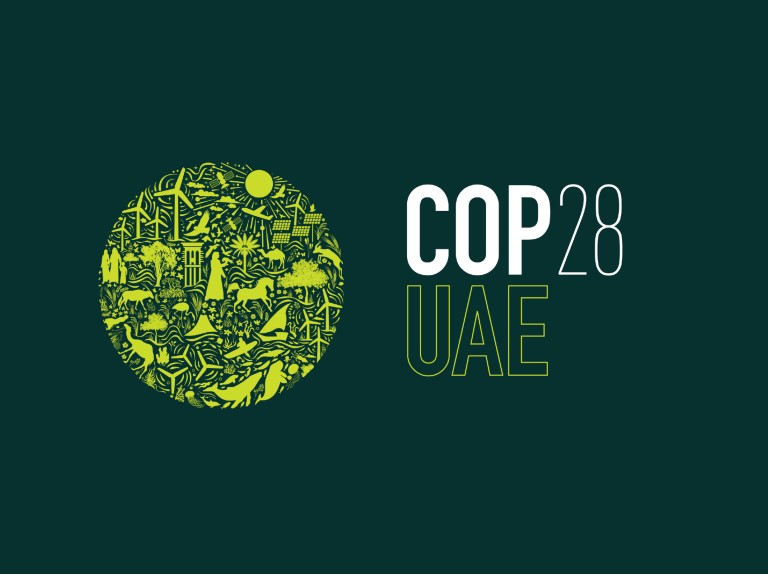Dr. Sultan Al Jaber, the designated President of COP28, took center stage at the Copenhagen Climate Ministerial this week. In his address to a global audience of climate leaders and ministers, Dr. Jaber emphasized the importance of a collaborative approach spearheaded by the COP Presidencies Troika.
The Troika refers to a three-way partnership between the presidencies of the current, preceding, and succeeding Conferences of the Parties (COP) to the United Nations Framework Convention on Climate Change (UNFCCC). This cooperative framework is designed to ensure continuity and build momentum in the fight against climate change.
Dr. Jaber's vision for the Troika centers on driving ambition during the next round of Nationally Determined Contributions (NDCs). NDCs are national climate action plans submitted by countries under the Paris Agreement, outlining their greenhouse gas reduction targets and adaptation strategies.
The COP28 President highlighted the urgency of more ambitious NDCs, emphasizing the need to keep the 1.5-degree Celsius global warming target within reach. He stressed that a "just, orderly, and responsible" energy transition is crucial to achieving this objective.
The Copenhagen Climate Ministerial served as a springboard for Dr. Jaber's vision. The event brought together representatives from over 80 countries to discuss ways to accelerate climate action and bridge the gap between current commitments and what's necessary to meet the Paris Agreement goals.
A key theme of the discussions was the need for increased financial support for developing countries. These nations are often disproportionately impacted by climate change, despite contributing less to the problem. Developed countries have pledged to mobilize $100 billion annually by 2020 to support climate action in developing countries, but this goal has yet to be fully met.
Dr. Jaber acknowledged the funding gap and called for innovative financing mechanisms to unlock the trillions of dollars needed for the global energy transition. He emphasized the role of the private sector in this process, urging greater investment in clean energy technologies and sustainable development projects.
The COP28 President's vision for a collaborative Troika approach was met with positive responses from many attendees at the Copenhagen Ministerial. Leaders recognized the importance of coordinated efforts and expressed their commitment to working together to tackle the climate crisis.
The coming months will be crucial in solidifying the details of the Troika's collaborative plan. The success of this approach hinges on the ability of the current, preceding, and succeeding COP presidencies to establish clear common goals and develop a unified roadmap for achieving them.
The focus on ambitious NDCs and increased financial support for developing countries suggests a move towards a more action-oriented phase in international climate negotiations. The world will be watching closely to see if the COP Presidencies Troika can deliver on Dr. Jaber's vision for a more collaborative and effective approach to tackling the climate crisis.

